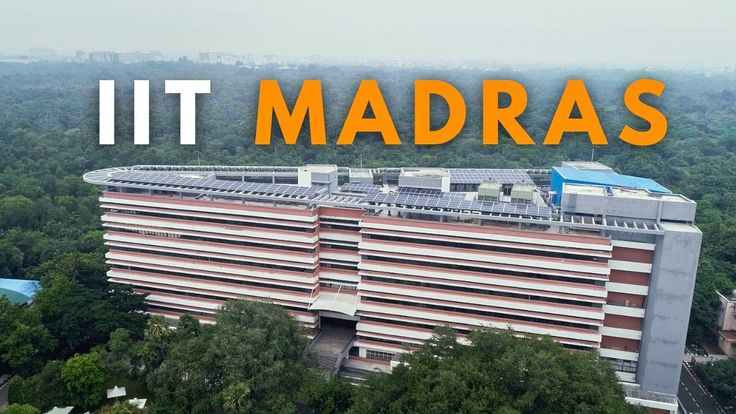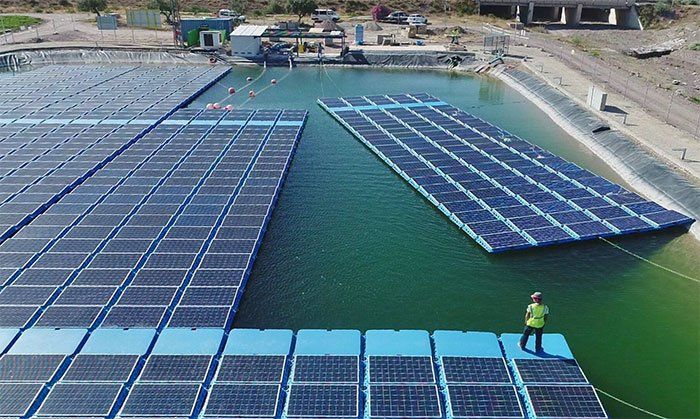IIT-Madras Develops Solar Desalination Unit for Drinkable Water
Chennai, June 2025 - A development for sustainable water solutions recently unveiled by the Indian Institute of Technology Madras (IIT-M), designed to solve the acute freshwater shortage evident in India, is a solar-powered desalination unit capable of clean and affordable drinking water using renewable energy, with particular attention to remote coastal and rural populations.
How It Operates
Using solar thermal energy, the desalination unit heats seawater and uses evaporation and condensation to separate freshwater from salts and contaminants. This unit uses solar energy instead of fossil fuels or grid electricity, which makes it more economical and environmentally friendly than traditional desalination systems.
Key Features
- Zero electricity usage: uses solar thermal energy completely.
- Low maintenance: uses a simple design and low-cost and readily available materials.
- Scalable model: can be customized for small villages or large institutions.
- Daily production: up to 10,000 litres/day of potable water – depending on sunlight and size.
Potential Applications
- Rural and island communities without access to clean drinking water
- Disaster relief areas to restore water undermined by disaster
- Interface with existing solar grid or community-based water systems
- May feel like part of the Clean Energy Mission in India
Part of India's Clean Energy & Water Missions
This innovation supports India's national initiatives under the Jal Jeevan Mission and National Solar Mission, both of which are geared towards addressing water security and increasing renewable energy supply. The increased demands on water supplies, often a result of climate change, is an urgent issue globally, and innovations such as IIT-M's system are key in ensuring that water is made available where it is needed.
Pupil Projects and Collaborators
IIT-M is pilot testing units with NGOs and local government units in coastal Tamil Nadu, and the Andaman and Nicobar Islands. Initial data has demonstrated considerable success, particularly regarding health benefits arising from lower dependence on bottled water.
Conclusion
The IIT-Madras desalination unit is a major step forward, addressing clean drinking water and using sustainable energy. As India continues to push for environmentally friendly innovation, this project will lead the way in blending technology with impact-focused initiatives.



